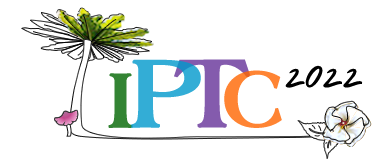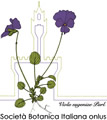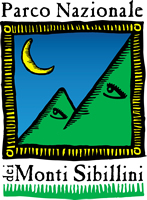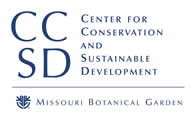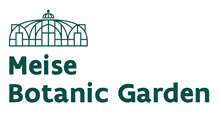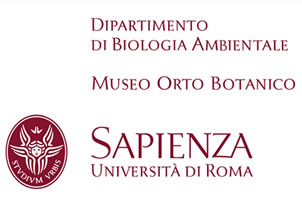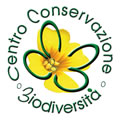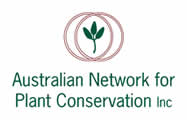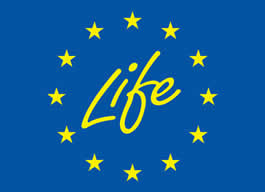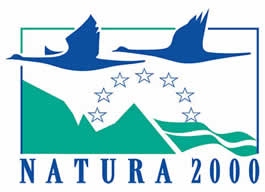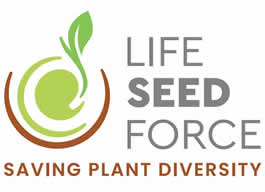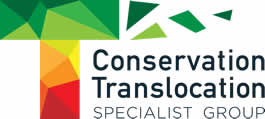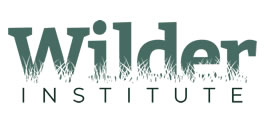We are back!
After it has been postponed due to the pandemic the 1st International Plant Translocation Conference is now ready to resume in a hybrid format, with in person sessions and the possibility to follow the whole programme online.
The University of Roma Tre will host the 1st International Plant Translocation Conference from June 20-23, 2022 in Rome. The conference will be a unique occasion for conservation biologists from around the world to share their experiences, successes and misfortunes in restoring threatened plant species.
Many plant species around the globe are threatened or already extirpated from the wild as a result of habitat loss, pollution, alien invasive species and climate change. Translocation is now a common conservation, sometimes highly successful, sometimes dramatically discouraging. Conservation biologists, ecologists, taxonomists, geneticists, practitioners, policy makers and others need a place to share experiences improve translocation science and practice to deliver more effective conservation outcomes. The 1st International Plant Translocation Conference will provide a forum for this discussion.
With international keynote speakers, almost 40 talks, and social events, the Conference will provide an opportunity for the global community of plant conservation biologists and beyond to present recent findings, learn from each other’s experience, initiate new collaborations and transfer knowledge to the next generation of conservation biologists.
Details about the arrangements required to comply with the Covid regulation that will be in force at the time of the congress will be provided later.
THE IPTC LOGO
The logo of the International Plant Translocation Conference (IPTC) represents important species that were subject to translocation and represented the incredible challenges of reintroducing plant species. Among others, these challenges include the poor quantity and quality of ex situ material, the choice of a suitable recipient site, the removal of threats, the impacts on the recipient community, the costs, and the ethical considerations.
The main symbol on the left is the Superb Cyanea, Cyanea superba (Cham.) A. Gray subsp. superba, a member of the Campanulaceae family endemic to the island of Oahu in the Hawaiian Islands. This species went extinct in the wild in 2002 and reintroduced in several sites from ex situ specimens. See the story of Cyanea superba at https://www.youtube.com/watch?v=lk1Q13fFRz8
The symbol on the far right is the Saint Helena Redwood, Trochetiopsis erythroxylon (Forst.) Marais, a species endemic to Saint Helena in the Malvaceae family, which was declared extinct in the wild in the 1950s. Reintroduced from ex situ stocks, no recruitment has been observed, so far. See Lambdon & Ellick 2016 at https://doi.org/10.2305/IUCN.UK.2016-1.RLTS.T30560A67371983.en.
The small fungus on the left is the Pink Waxcap, Hygrocybe calypraeformis (Berkeley & Broome) Fayod, one of the few, if not the only fungus species ever translocated. Although not in the Plant Kingdom, Fungi are traditionally treated by botanist and plant conservationists. The Pink Waxcap has been translocated in the UK where a population of this rare species was found on the land proposed for the new Heysham to M6 link road north of Lancaster. Fertile caps were introduced in suitable areas allowing spores to be shed directly into the new sites. The interesting story of this translocations can be found at: https://cieem.net/wp-content/uploads/2019/01/InPractice89_Sept15.pdf
Credits: Dr. M.C. Mariani, S. Micieli (graphic designer)



Awards, SI & Credits
Society for Ecological Restoration Continuing Education Credits (CECs)
The IPTC2022 is eligible for SER Continuing Education Credits related to the SER certification program.
Workshop
June 22, 2022
Workshop: Networking for Plant conservation and translocation
Developing successful plant conservation projects is a challenging task and requires an inclusive and multi-disciplinary approach, putting together diverse expertise to address all critical issues for a successful outcome.
Important
Dates
| START | DEADLINE | |
| Abstract submission The Submission webpage for IPTC 2022 https://easychair.org/conferences/?conf=iptc2022 |
September 15, 2021 | January 15, 2022 NEW DATE March 15, 2022 Abstract acceptance will be communicated to the authors by March 30, 2022 NEW DATE March 30, 2022 |
| Registration | September 15, 2021 | May 15, 2022 |
| On-site registration Available throughout the Conference Start |
June 20, 2022 | |
| 1 DAY ONLY registration | Available on-site only |
